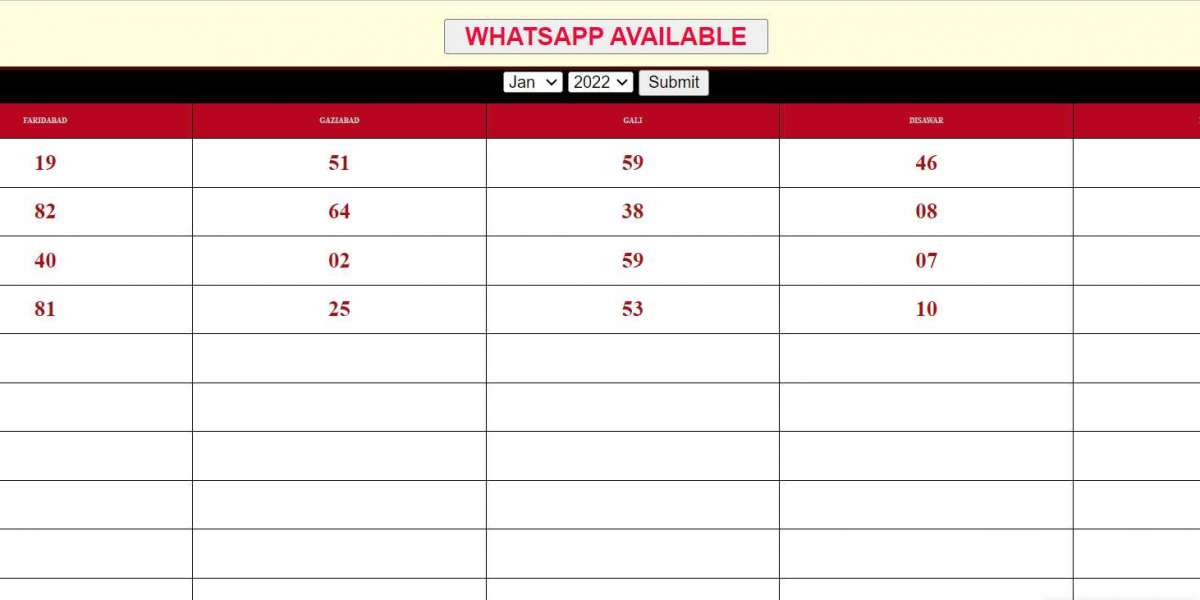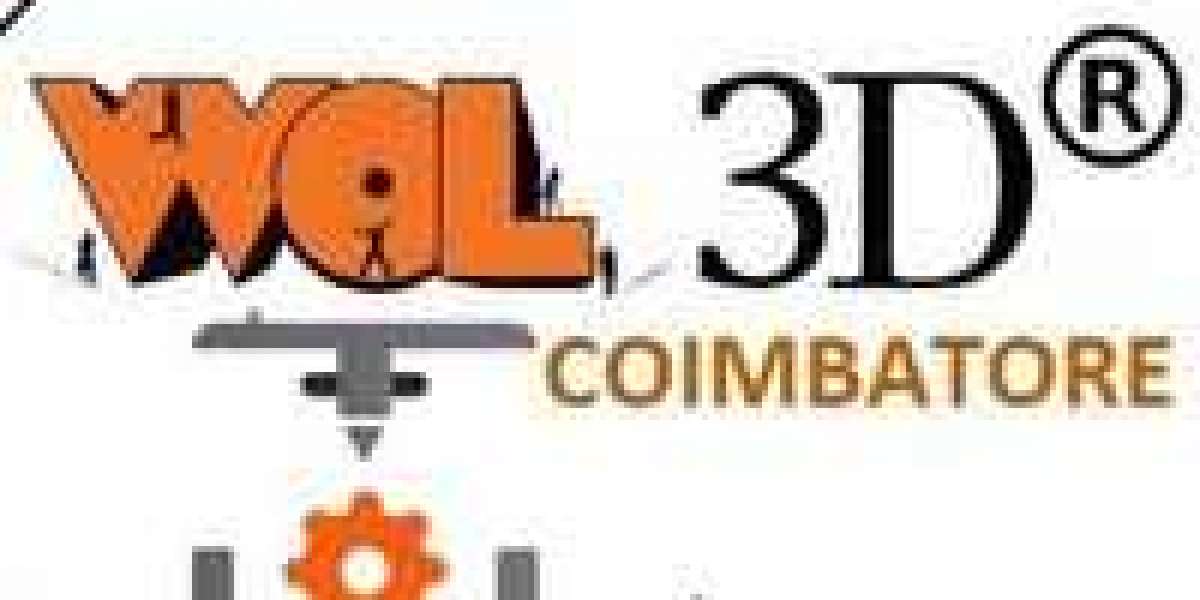Molecular Diagnostics for Transplant Market size was valued at USD 0.66 billion in 2021. The Molecular Diagnostics for Transplant Market industry is projected to grow from USD 0.71 billion in 2022 to USD 1.40 billion by 2030, exhibiting a compound annual growth rate (CAGR) of 8.91% during the forecast period (2022 - 2030).
Market Overview:
In the realm of medical advancements, few areas hold as much promise and complexity as transplant medicine. The transplantation of organs, tissues, and cells has revolutionized healthcare, offering life-saving solutions to patients with end-stage organ failure or debilitating conditions.
However, the success of transplantation is intricately tied to the compatibility between the donor and recipient, making precise diagnostics an indispensable tool in this field. Amidst this landscape, molecular diagnostics has emerged as a game-changer, offering unprecedented insights into compatibility, rejection, and post-transplant monitoring. Here, we delve into the transformative role of molecular diagnostics in the transplant market.
Enhancing Compatibility:
Central to the success of any transplant is the compatibility between the donor and recipient. Traditional methods rely heavily on human leukocyte antigen (HLA) typing to assess compatibility, but molecular diagnostics has expanded these horizons. Techniques such as polymerase chain reaction (PCR) and next-generation sequencing (NGS) now enable comprehensive genomic profiling, allowing clinicians to evaluate compatibility at a molecular level. By scrutinizing genetic markers beyond HLA, such as minor histocompatibility antigens and killer-cell immunoglobulin-like receptors, molecular diagnostics offers a nuanced understanding of immune compatibility, minimizing the risk of rejection and improving transplant outcomes.
Predicting Rejection:
Despite advancements in immunosuppressive therapies, rejection remains a formidable challenge in transplantation. Conventional diagnostic approaches often rely on nonspecific markers such as serum creatinine levels or histological assessments, which may only detect rejection at advanced stages. Molecular diagnostics, however, offers a proactive approach by detecting molecular signatures indicative of rejection early on. Biomarkers such as donor-derived cell-free DNA (dd-cfDNA) provide a window into the immune response, enabling clinicians to intervene promptly and tailor immunosuppressive regimens to mitigate rejection risk. This paradigm shift towards preemptive monitoring has the potential to not only improve graft survival but also enhance patient outcomes by minimizing the burden of rejection-related complications.
Personalized Management:
The era of personalized medicine has permeated every facet of healthcare, and transplantation is no exception. Molecular diagnostics empowers clinicians with the ability to tailor treatment strategies to individual patients, optimizing efficacy while minimizing adverse effects. Through the identification of genetic variants associated with drug metabolism and immune response, molecular testing enables precision dosing of immunosuppressive agents, reducing the risk of toxicity and enhancing therapeutic outcomes. Moreover, by stratifying patients based on their immunological risk profile, molecular diagnostics facilitates targeted interventions, ensuring that resources are allocated judiciously to those most in need.
Monitoring Graft Health:
Post-transplant surveillance is paramount for detecting complications such as infection, graft dysfunction, or recurrence of underlying disease. Molecular diagnostics provides a comprehensive toolkit for ongoing monitoring, offering real-time insights into graft health. Techniques such as quantitative PCR and gene expression profiling allow clinicians to assess the stability of the transplant and detect early signs of dysfunction. Additionally, the advent of liquid biopsies enables non-invasive monitoring through the analysis of circulating biomarkers, offering a convenient and accessible means of surveillance. By integrating molecular monitoring into routine clinical care, transplant teams can proactively manage complications, prolong graft survival, and optimize long-term patient outcomes.
Key Players:
The molecular diagnostics in transplantation boasts market players several prominent companies driving innovation and advancement. Among these key players are Thermo Fisher Scientific Inc. from the US, BioMérieux SA headquartered in France, Cepheid based in the US, Altona Diagnostics GmbH from Germany, ELITechGroup also hailing from France, and Hoffmann-La Roche Ltd. headquartered in Switzerland. Additionally, notable contributors include Hologic Inc. (US), QIAGEN N.V. (Germany), Becton, Dickinson, and Company (US), Abbott Laboratories, Inc. (US), and various other entities.
Market Segmentation:
The market for Molecular Diagnostics in Transplantation is segmented into various categories. In terms of products, it includes reagents kits, instruments, and services software. Technologies utilized comprise Polymerase Chain Reaction (PCR), Sequencing, Microarray, and others. Concerning end-users, hospitals and transplant centers, research laboratories academic institutes, along with others, constitute the main segments. This segmentation aids in understanding the diverse landscape of molecular diagnostics applied in transplantation, catering to the specific needs of various stakeholders in the healthcare and research sectors.
Regional Outlook:
Molecular diagnostics play a pivotal role in transplant medicine, with different regions worldwide exhibiting varying degrees of advancements and adoption. In North America, both the United States and Canada showcase significant progress in molecular diagnostics for transplantation. Meanwhile, Europe, including countries like Germany, France, the UK, Italy, Spain, and others, demonstrates a diverse landscape of molecular diagnostic applications. The Asia-Pacific region, encompassing nations such as China, Japan, India, South Korea, Australia, and others, is witnessing notable growth in this field. Additionally, the rest of the world, including the Middle East, Africa, and Latin America, also participates in the evolving landscape of transplant molecular diagnostics.
Navigating Challenges:
While molecular diagnostics for transplant market trends holds immense promise, its integration into routine clinical practice is not without challenges. Cost constraints, reimbursement policies, and standardization of testing protocols pose significant barriers to widespread adoption. Moreover, the interpretation of molecular data requires specialized expertise, highlighting the need for education and training among healthcare professionals. Collaborative efforts between industry stakeholders, regulatory bodies, and healthcare providers are essential to address these challenges and ensure equitable access to molecular diagnostic technologies.
Future Scope:
As we stand on the cusp of a new era in transplant medicine, the role of molecular diagnostics will continue to evolve and expand. With ongoing advancements in technology and research, we can anticipate further refinement of diagnostic assays, the discovery of novel biomarkers, and the development of targeted therapies. Additionally, initiatives aimed at enhancing data integration and interoperability will facilitate seamless communication between disparate healthcare systems, enabling personalized and coordinated care for transplant recipients worldwide.
About Related Reports:








